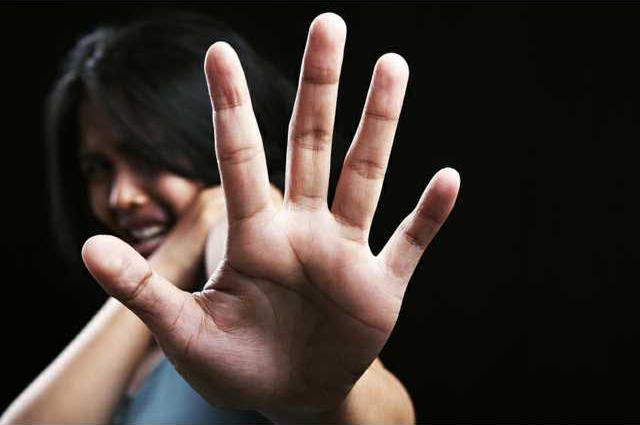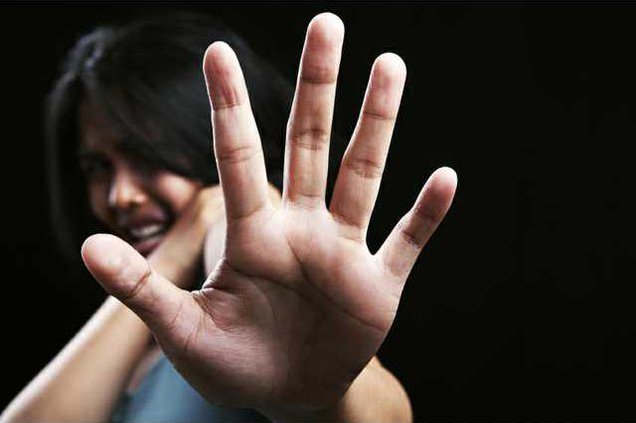Nancy Nason-Clark, a professor at the University of New Brunswick, has some choice words for churches when it comes to domestic violence.
"There's a holy hush and that holy hush permeates small churches, large cathedrals, synagogues, other houses of worship," she said, according to CBC.
Nason-Clark, who has long studied domestic violence, said churches dont do enough to help members of their congregations with domestic violence concerns, CBC reported. Though members feel comfortable about going to church and praying about their issues, Nason-Clark said church leaders dont listen to their members enough and seldom help them.
And, she said, the advice some pastors give out isnt good enough, CBC reported.
"Sometimes it's not safe to say that you've been violated because the religious leader doesn't know what to suggest," Nason-Clark said. "Or worse, suggests something that would put your own physical or emotional health at risk."
Church leaders are aware of this. In fact, Christianity Today reported that 65 percent of pastors admitted that they only spoke once or never about domestic and sexual violence.
Thats because, as our own Kelsey Dallas reported last year, some church leaders, like the Rev. Kristen Leslie, dont receive proper training to comfort those who have suffered from domestic violence.
"The first time a rape victim came to me, I had no idea what to do and I knew that I could do harm," Rev. Leslie told the National. "I scrambled and found any kind of training I could get."
Pastors sometimes dont get training because theyre unaware of how many people in their church suffer from domestic and sexual violence, according to a LifeWay Research survey, which found that 74 percent of pastors underestimated the amount of domestic and sexual violence within their congregations. And the research found that 42 percent of pastors spoke rarely or never about domestic violence.
The Rev. Amy Gopp, who is also the director of member relations and pastoral care at Church World Service, said to Christianity Today that these kind of reports will hopefully help church pastors work with the community to talk about domestic violence.
In recent years, congregations and pastors across the United States have worked to make churches a place where members feel able to approach leaders about domestic violence situations.
For example, the Rev. Charles Dahm told NPR in 2011 that he hired a pastoral counselor to help with talking to victims. And it worked. Several women in the church spoke with the counselor for help, even when they didnt previously discuss the matter with church pastors, Dahm told NPR.
Meanwhile, other churches have reached out to the community to help victims. Mt. Pisgah AME Church, for example, teamed up with the local police department to create the N.O.W. Project, which offers abuse victims a chance to speak to people about their needs, WLTX-19 reported.
In fact, the program will help victims with character development, basic skills training, financial literacy, job searches and housing assistance, WLTX-19 reported.
For more on the Mt. Pisgah project, watch this video.
"There's a holy hush and that holy hush permeates small churches, large cathedrals, synagogues, other houses of worship," she said, according to CBC.
Nason-Clark, who has long studied domestic violence, said churches dont do enough to help members of their congregations with domestic violence concerns, CBC reported. Though members feel comfortable about going to church and praying about their issues, Nason-Clark said church leaders dont listen to their members enough and seldom help them.
And, she said, the advice some pastors give out isnt good enough, CBC reported.
"Sometimes it's not safe to say that you've been violated because the religious leader doesn't know what to suggest," Nason-Clark said. "Or worse, suggests something that would put your own physical or emotional health at risk."
Church leaders are aware of this. In fact, Christianity Today reported that 65 percent of pastors admitted that they only spoke once or never about domestic and sexual violence.
Thats because, as our own Kelsey Dallas reported last year, some church leaders, like the Rev. Kristen Leslie, dont receive proper training to comfort those who have suffered from domestic violence.
"The first time a rape victim came to me, I had no idea what to do and I knew that I could do harm," Rev. Leslie told the National. "I scrambled and found any kind of training I could get."
Pastors sometimes dont get training because theyre unaware of how many people in their church suffer from domestic and sexual violence, according to a LifeWay Research survey, which found that 74 percent of pastors underestimated the amount of domestic and sexual violence within their congregations. And the research found that 42 percent of pastors spoke rarely or never about domestic violence.
The Rev. Amy Gopp, who is also the director of member relations and pastoral care at Church World Service, said to Christianity Today that these kind of reports will hopefully help church pastors work with the community to talk about domestic violence.
In recent years, congregations and pastors across the United States have worked to make churches a place where members feel able to approach leaders about domestic violence situations.
For example, the Rev. Charles Dahm told NPR in 2011 that he hired a pastoral counselor to help with talking to victims. And it worked. Several women in the church spoke with the counselor for help, even when they didnt previously discuss the matter with church pastors, Dahm told NPR.
Meanwhile, other churches have reached out to the community to help victims. Mt. Pisgah AME Church, for example, teamed up with the local police department to create the N.O.W. Project, which offers abuse victims a chance to speak to people about their needs, WLTX-19 reported.
In fact, the program will help victims with character development, basic skills training, financial literacy, job searches and housing assistance, WLTX-19 reported.
For more on the Mt. Pisgah project, watch this video.





